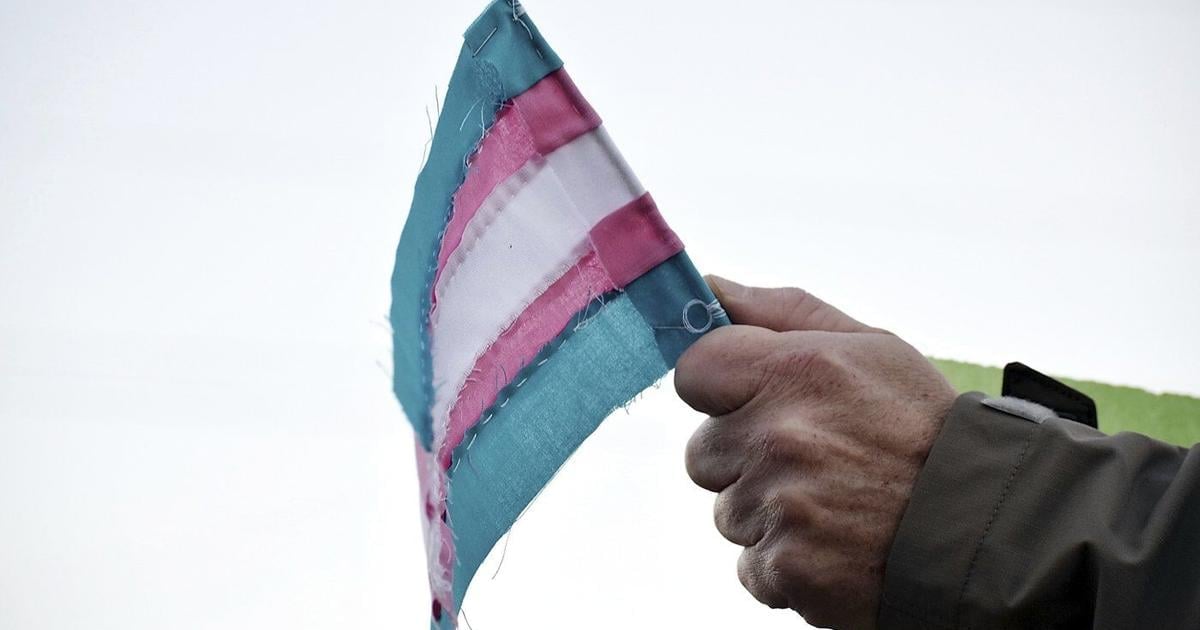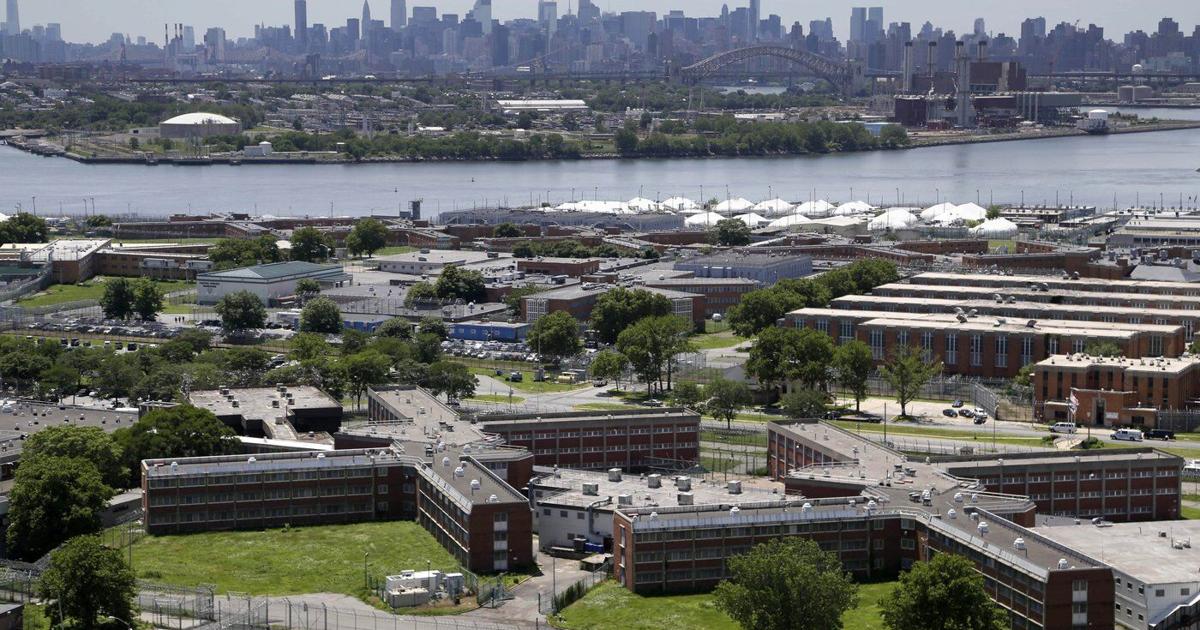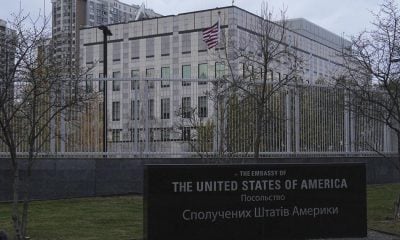Here is a roundup of stories from Canada news designed to bring you up to speed…
Union serves 72-hour strike notice to Canada Post
The Canadian Union of Postal Workers has given 72-hour strike notice to Canada Post.
The notice is for both the union’s urban and rural and suburban bargaining units.
In a release early Tuesday morning, the union says workers will be in a legal strike position as of Friday if negotiated settlements have not been reached.
However, the union says its national executive board has yet to decide if a job action will happen at the deadline, saying that will depend on Canada Post’s actions at the bargaining table in the coming days.
“After almost a year of bargaining, despite our best efforts, the parties remain far apart on many issues,” the union said in statement.
The union announced last month that its members had voted overwhelmingly to support a strike if a deal could not be reached at the bargaining table
Here’s what else we’re watching…
Ottawa urges more talks in B.C. port dispute
The federal government is urging both sides in the British Columbia port dispute to return to the table after Saturday’s collapse of mediated talks to end the lockout at container terminals that has entered its second week.
A statement issued by the office of federal Labour Minister Steven MacKinnon on Monday said both the port employers and the union representing more than 700 longshore supervisors “must understand the urgency of the situation.”
The statement also urged both sides to “do the work necessary to reach an agreement.”
“Canadians are counting on them,” the statement from MacKinnon’s office said.
The lockout at B.C. container terminals including those in Vancouver — Canada’s largest port — began last week after the BC Maritime Employers Association said members of International Longshore and Warehouse Union Ship and Dock Foremen Local 514 began strike activity in response to a “final offer” from employers.
CFIB: business carbon rebate shouldn’t be taxed
A small business advocacy group is re-upping calls to eliminate the carbon tax, after it says members learned the Canada carbon rebate for small businesses is a taxable benefit.
In a letter to Finance Minister Chrystia Freeland last week, the Canadian Federation of Independent Business says it’s unfair to Canada’s small firms.
The federation’s president and CEO, Dan Kelly, says the decision to tax the rebates is “deeply offensive to small businesses.”
He also says 83 per cent of the group’s 97,000 members want the carbon tax to be ended.
The Canadian Press contacted both the CRA and Freeland’s office for comment on Monday, but did not receive a response due to the Remembrance Day statutory holiday.
Safety crucial during Taylor Swift shows: experts
As Toronto readies for Taylor Swift’s arrival this week, some crowd management and planning experts say additional safety precautions should be taken when tens of thousands of fans fill the city’s downtown core on show nights.
That means being prepared for a sudden shift in crowd dynamics and severe traffic gridlock, despite planned road closures, the experts say.
The city recently announced various traffic and security measures in preparation for up to 500,000 visitors during the megastar’s six sold-out Eras Tour stops at Rogers Centre from Nov. 14 to Nov. 16 and the following week from Nov. 21 to Nov. 23.
Tens of thousands of Swifties are expected to use public transit to get to the venue and the Metro Toronto Convention Centre, where fan event Taylgate’24 is happening. Overlapping events at Scotiabank Arena are expected to bring in even more people.
Before residents and visitors make their way downtown, crowd safety specialist Kevin Kennedy warned they should be prepared for potential changes in crowd dynamics.
‘The Bidding War’ taps into real estate anxiety
During the pandemic, Michael Ross Albert grappled with a familiar kind of stress for many Torontonians: the uphill battle of trying to buy a home in the city.
“I remember walking out of the bank with the money order and thinking that I was holding in my hands probably more money than I might make in my lifetime,” recalls the Canadian playwright after buying his first condo.
With the average home price in the Greater Toronto Area expected to climb to $1.19 million by year’s end — a six per cent increase from 2023, per a new report by Royal LePage — Albert knows his experience resonates, given that home ownership feels out of reach for many.
So he’s channeled some of this real-estate tension into “The Bidding War,” a biting new comedy premiering Tuesday at Toronto’s Crow’s Theatre.
The play takes aim at Toronto’s housing crisis with a story set during a frantic, one-day bidding war over the city’s last affordable home. As the clock runs out, the fight for ownership devolves into chaos, laying bare the lengths to which people will go in their frantic quest for a foothold in the market.
Anne Michaels on her Giller and Booker-nominated novel ‘Held’
For Anne Michaels, a book can’t just say things — it has to listen.
The author of “Held,” shortlisted for both the Giller and Booker prizes, said reciprocity is key to her writing process. She tries to anticipate her readers’ needs as she crafts her novels, ensuring they’ll stay with her as she addresses big, fundamental questions.
In “Held,” a multi-generational examination of a family across more than a century, Michaels seeks to answer questions about trauma and war; about the ways we make meaning out of life; about the love that creates families.
The book is non-linear, each section a sort of vignette that exposes another piece of the family’s story. It opens on the battlefields of the First World War where a photographer-turned-soldier lies close to death. The story follows him home to England where he must grapple with what the war took from him and what it left behind.
From there Michaels moves forward and back through time, introducing the reader to the man’s descendants, their spouses, their spouses’ parents.
“Held” is one of five books shortlisted for this year’s $100,000 Giller Prize and one of six up for the U.K.-based Booker Prize, which has a purse of 50,000 British pounds, roughly $90,000.
This report by The Canadian Press was first published Nov. 12, 2024.























